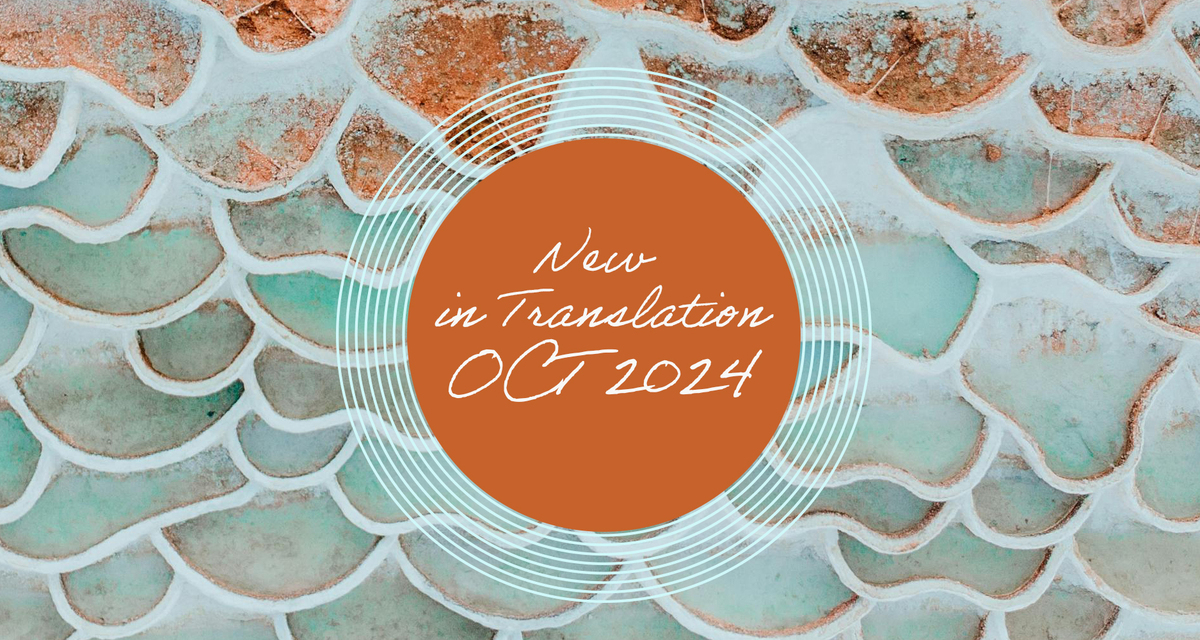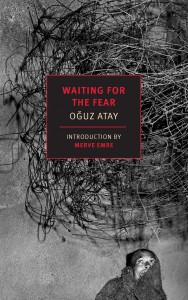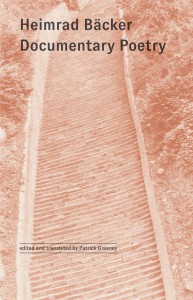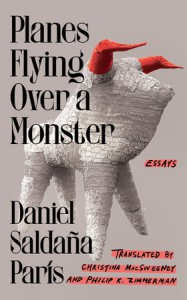Poet, journalist, editor, actor, broadcaster, producer, translator, and Nahua activist Mardonio Carballo recently published La canción de las flores, a book that brings together forty-nine poems printed on paper made from corn leaves and vine, published simultaneously in Nahuatl-Spanish, Nahuatl-English, and Nahuatl-French. In this interview, originally held in Spanish, I spoke with Mardonio Carballo about the experience of writing in Spanish and Nahuatl, the relation of memory and language, and the role of translation in preserving an indigenous language.
René Esaú Sánchez (RES): I was reading some of the poems you wrote in La Canción de las Flores, and many of them are quite synesthetic. So I wanted to ask: what smells, sensations, or tastes do you experience when writing poetry?
Mardonio Carballo (MC): This latest collection is atypical. I had resisted for a long time the theme of nature—this tradition of “Flor y Canto” that is always associated with Nahuatl poetry. To a certain extent, it annoyed me. On this occasion, unlike my previous collections, which have been more combative, expressing Mexico’s painful reality, I chose to step away from that theme of pain, blood, and death. In another book, I asked myself how much the dead weigh, for instance. But I realized the same thing happened to me years ago when making documentaries. I no longer wanted to focus on journalists, activists, and the same topics. So, I embarked on a journey to film a series of documentaries called We Insist on Hope. It turned out that all those defending land, water, and forests were either threatened with death or had been harmed in some way, which led me to a reflection: the one that guides this collection.
Just as there are no languages without people to speak them, there are no territories without flowers. That premise is what nourishes this collection, and yes, the physical book—the way it was designed—makes it seem like the typography changes, like everything is in motion. I believe it pays homage to the flowers, birds, and trees. After the whole COVID situation, I was left with the feeling that we were suddenly writing poems that were too profound, sometimes inaccessible and incomprehensible to most people. So in this collection, I sought the ease of understanding. In fact, one of the lines that deeply inspires me is from a Charles Simic poem: “I write so that dogs can understand me.” That line struck me. Because at some point, we start using grandiose words that make us seem special, fantastic, intellectual… but to me, poets are simply those who pay attention, observing what happens, and find a way to tell it. READ MORE…











